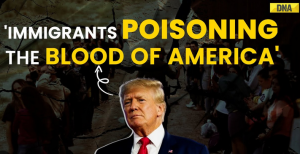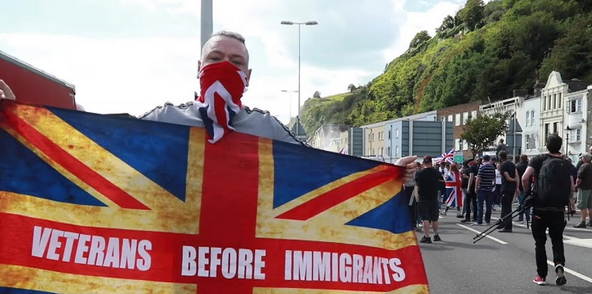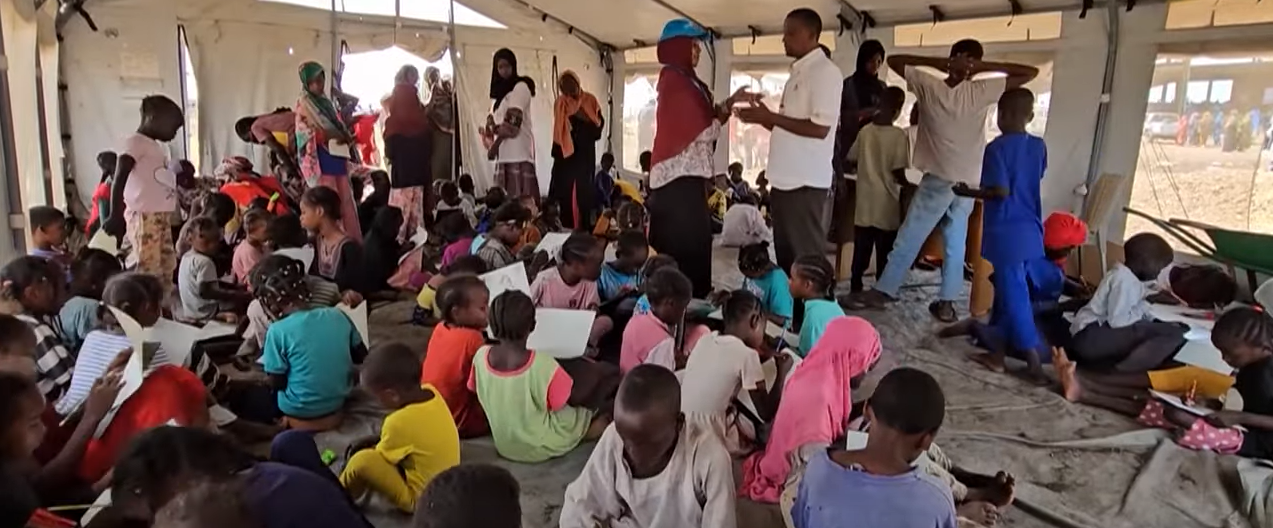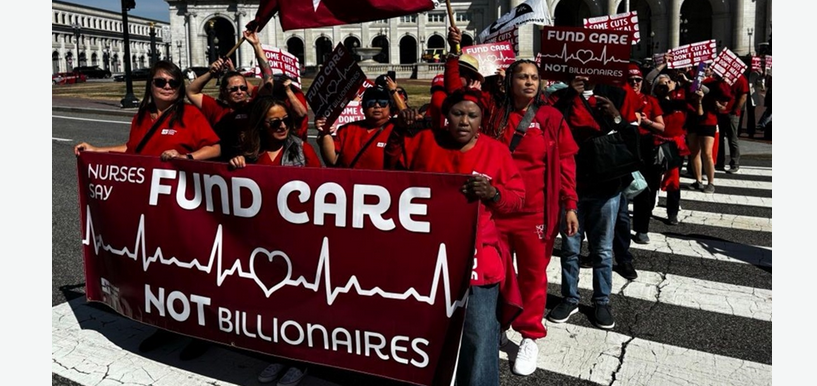Photos: YouTube Screenshots
Politics in the European Union provides a good example of how the best intentions in dealing with climate change can be thwarted. A European Green Deal aimed at fighting climate change has run into far-right opposition that is tying alternative energy to elitist politics. Europe’s far-right is also obstructing progress on immigration.
![]()
Self-Preservation Over Principle
Just when it seemed that the EU was playing a leading role in abandoning fossil fuels and nuclear power, the far right has with considerable success stopped or watered down regulations in support of a green economy. Even the more moderate leaderships, such as in France, have had to alter their positions on the Green Deal in order to keep their ruling coalition intact. As one writer puts it,
“Today, conservatives across the region believe there’s more to be won obstructing climate policies alongside the hard right than supporting them. In part, this shift in European conservatism is a response to a vibrant hard right that has managed to tie climate legislation to effete, urban liberals.”
We see the same caving in to the far right on immigration. A European writer observes that the far right and the center-right now seem to share “a civilizational vision of a white, Christian Europe that is menaced by outsiders, especially Muslims.” The writer goes on to observe that, “In contrast to its progressive image, the European Union has, like Donald Trump, sought to build a wall — in this case, in the Mediterranean — to stop migrants from arriving on its shores.”
France’s new immigration bill is a perfect example. It doesn’t keep migrants from French shores, but it does make life more difficult for those who get there.
Pres. Emmanuel Macron has ditched his promise to defend a liberal immigration policy against criticism from the right. In order to win support in parliament for more restrictive immigration rules, he acceded to the far right’s demands. The new bill, reports the New York Times,
“makes foreigners eligible for state subsidies like housing aid or family allowances only after they have lived in France for several months or even years; makes it harder for immigrants to legally bring over family members; and forces foreign students to pay new visa fees.”
The bill was hailed by the far right, but not by many in Macron’s own party. As the parliament’s human rights ombudsman warned, the immigration bill “seriously undermines the principle of equality and nondiscrimination, the bedrock of our Republic.”

Bargaining on Asylum
Asylum is a central issue throughout Europe: In just the first half of this year, around half a million people sought asylum, and about 40 percent succeeded. But across much of Europe, resentment has grown over asylum seekers and economic migrants—and the far right has exploited that resentment.
To combat the far right, the EU has just now passed a new pact that reaffirms the right of asylum while putting in place mechanisms for ensuring that applications are genuine—and for easier deportation. But human rights groups regard the new EU pact as a setback for asylum, as well as for failing to deal with all the people who die trying to reach Europe by sea.
Since 2014, more than 28,000 people have died at sea as they desperately tried to reach Europe. Human Rights Watch said earlier this year that the bloc’s policy could be summed up in three words: “Let them die.”
This “offshoring of violence,” as the writer quoted above calls it, is highly selective—welcoming millions of Ukrainian refugees but literally “paying off authoritarian regimes in North African countries to stop migrants from sub-Saharan Africa from reaching Europe.” That approach, which finds the center- and far-right in agreement, attempts to salvage the EU’s self-image as a strong supporter of human rights.
But let’s keep in mind that Britain’s government, which has tried paying off Rwanda to keep potential immigrants there, was stopped by court action on the grounds Britain was violating international law. Perhaps the EU judicial system will step in with a similar ruling.

It Can Happen Here
The move rightward in the EU previews what is likely to happen here if Donald Trump is elected. His racist comments on immigration from non-white countries are familiar to Americans; they follow from his campaign assault on Mexican migrants in 2015, and his subsequent efforts to impose a ban on immigration from Muslim-majority countries.
What France’s parliamentary ombudsman quoted earlier had to say in defense of immigrants’ rights applies equally to the US: At stake is “the principle of equality and nondiscrimination, the bedrock of our Republic.”

Mel Gurtov, syndicated by PeaceVoice, is Professor Emeritus of Political Science at Portland State University and blogs at In the Human Interest.






